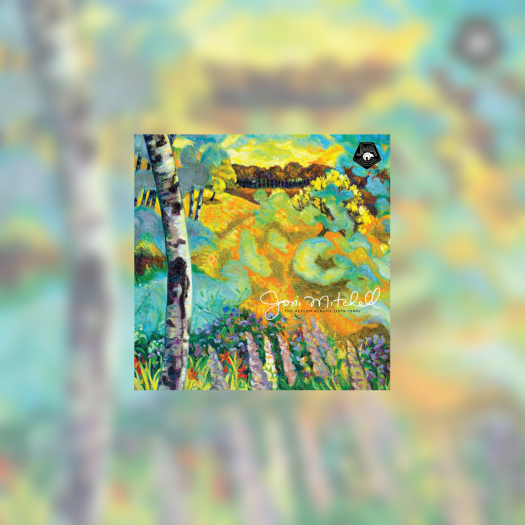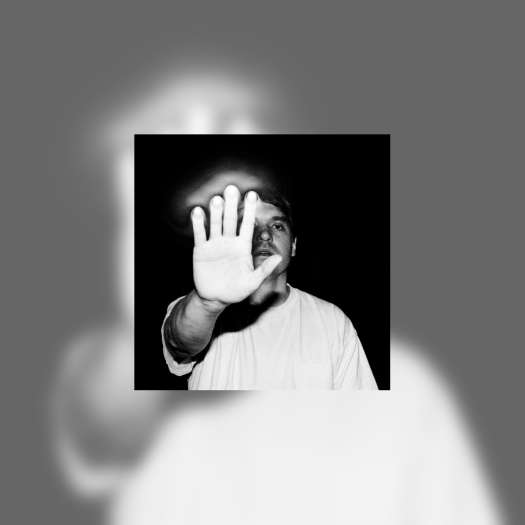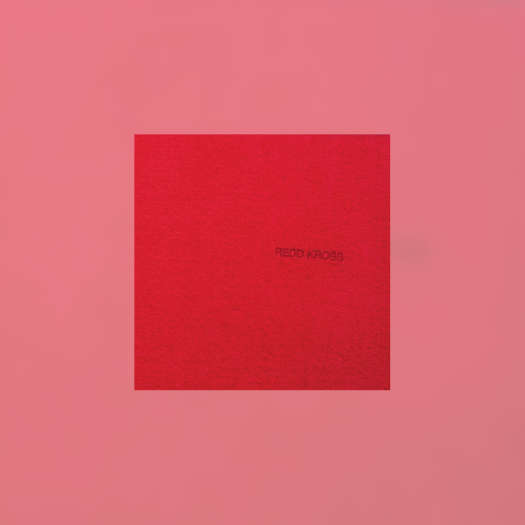In a small village in the Irish Midlands, a young child, Anna O'Donnell (Kíla Lord Cassidy), and her family claim she hasn't eaten in four months. Remarkably, though, she doesn't show any physical signs of under-nourishment. Many in the religious community believe her to be a miracle child, but before this can be confirmed, the town council wants proof.
The council hires a nun and an English nurse, Lib Wright (Florence Pugh), to watch over the child in turns. The two women are not to exchange notes or intervene; they are simply there to determine how young Anna is managing this apparent phenomenon. Lib, unmoved by any divine or pious explanation, is driven to save young Anna, much to the opposition of the council and Anna's family.
Pugh, unsurprisingly, is fantastic in her role as Lib. Like in her other performances, Pugh disappears into the time period and her character effortlessly, while still maintaining an air of modernity that prevents 19th century England from becoming stale. Aiding Pugh's performance are beautiful costumes and production designs that immerse audiences into the period film.
The story itself plays out like a whodunnit. Along with Lib, we as the audience know that Anna can't possibly be eating without showing any effects. Lib's investigation is engaging, and when the truth is made apparent, it's also clear that hints have been dropped throughout the film. All these elements combined create an interesting plot that is easy for audiences to grip onto.
The most peculiar aspect of The Wonder is how director Sebastián Lelio chooses to start and end the film. The fourth wall is broken at the outset of the film, with the camera panning over the sets and narration promising of a tale that sounds too extraordinary to be true. In the final moments of the film, the narrator is revealed and yet again, and we're privy to the manufactured nature of the story. This isn't Fleabag-ification, though. It's a tacked on narration device that perhaps works better in the source material (a novel by Emma Donoghue) than in the movie, where there is absolutely no reason for it and feels odd given the rest of the film.
This isn't the only aspect of The Wonder that's introduced without an answer. Lib's own grief is lightly explored and, at the conclusion of the film, it's clear this could have clouded her judgement. What potentially could have been a fascinating turn in the film turns out to be a footnote.
(Netflix)The council hires a nun and an English nurse, Lib Wright (Florence Pugh), to watch over the child in turns. The two women are not to exchange notes or intervene; they are simply there to determine how young Anna is managing this apparent phenomenon. Lib, unmoved by any divine or pious explanation, is driven to save young Anna, much to the opposition of the council and Anna's family.
Pugh, unsurprisingly, is fantastic in her role as Lib. Like in her other performances, Pugh disappears into the time period and her character effortlessly, while still maintaining an air of modernity that prevents 19th century England from becoming stale. Aiding Pugh's performance are beautiful costumes and production designs that immerse audiences into the period film.
The story itself plays out like a whodunnit. Along with Lib, we as the audience know that Anna can't possibly be eating without showing any effects. Lib's investigation is engaging, and when the truth is made apparent, it's also clear that hints have been dropped throughout the film. All these elements combined create an interesting plot that is easy for audiences to grip onto.
The most peculiar aspect of The Wonder is how director Sebastián Lelio chooses to start and end the film. The fourth wall is broken at the outset of the film, with the camera panning over the sets and narration promising of a tale that sounds too extraordinary to be true. In the final moments of the film, the narrator is revealed and yet again, and we're privy to the manufactured nature of the story. This isn't Fleabag-ification, though. It's a tacked on narration device that perhaps works better in the source material (a novel by Emma Donoghue) than in the movie, where there is absolutely no reason for it and feels odd given the rest of the film.
This isn't the only aspect of The Wonder that's introduced without an answer. Lib's own grief is lightly explored and, at the conclusion of the film, it's clear this could have clouded her judgement. What potentially could have been a fascinating turn in the film turns out to be a footnote.




